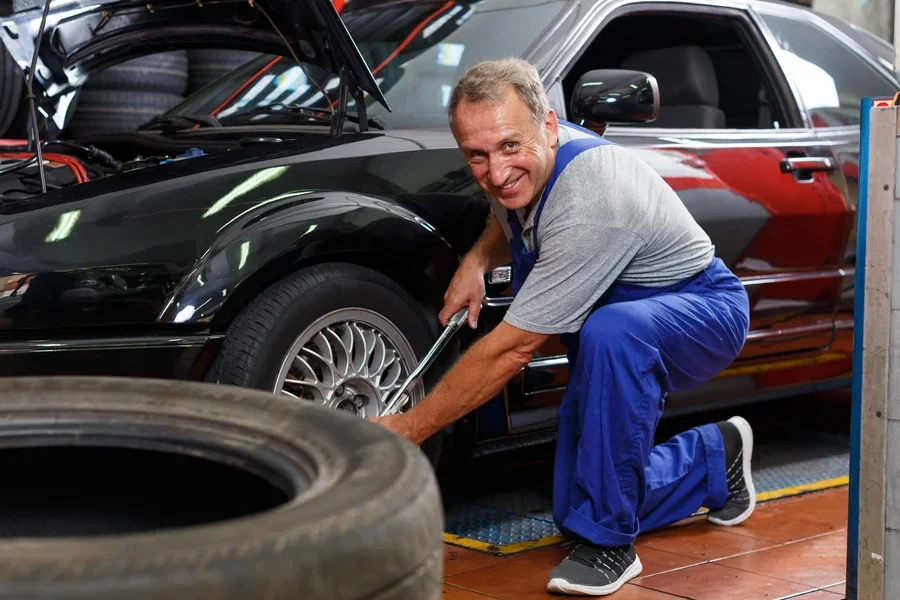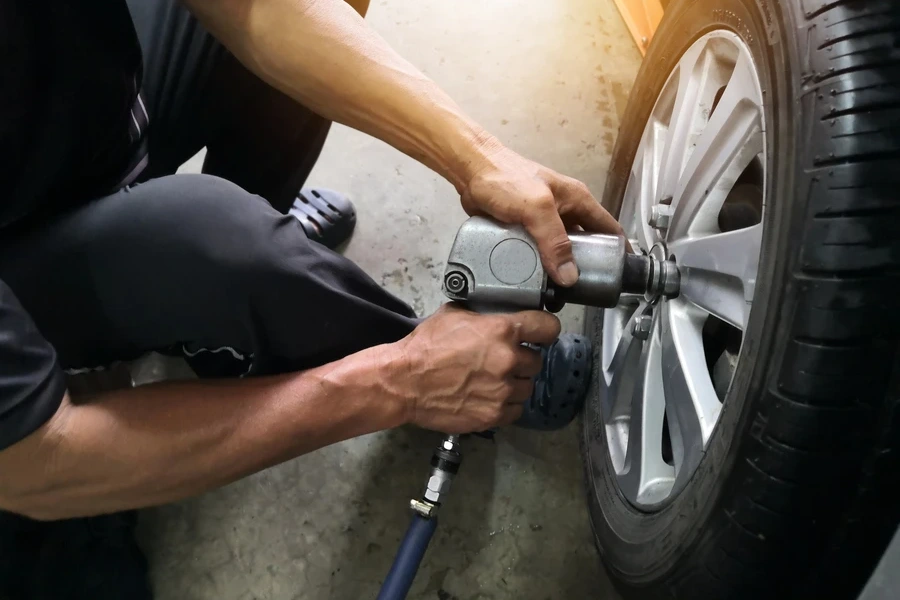Understanding the Connection Between Tires and Fuel Use
Fuel efficiency is a significant concern for many drivers today. As gas prices fluctuate, finding ways to save fuel becomes increasingly important. One often overlooked aspect of fuel consumption is the condition and type of tires on your vehicle. The right tire can improve gas mileage by reducing rolling resistance, leading to fewer visits to the gas station. This article will explore how proper care and selection of tires play a vital role in optimizing your vehicle’s fuel efficiency.

Tire Pressure: A Key Factor in Fuel Economy
Maintaining the correct tire pressure is crucial for achieving optimal fuel efficiency. Under-inflated tires increase rolling resistance, which requires more energy and fuel to move the vehicle forward. Regularly checking your tire pressure can prevent this issue. Make sure your tires are inflated to the manufacturer’s recommended levels, found in your vehicle’s manual or on the driver’s side door jamb.
The Importance of Proper Tire Installation
Quality tire installation ensures that your tires are balanced and aligned correctly. Misaligned wheels can cause uneven tire wear, which affects the overall performance and fuel efficiency of your car. Professional tire installation services include balancing each tire and adjusting wheel alignment, which aids in minimizing rolling resistance and maximizing fuel economy.

Choosing the Right Tires for Your Vehicle
Selecting the appropriate tires is another step toward improving fuel efficiency. Not all tires are created equal; some are specifically designed to enhance fuel economy. Look for low rolling resistance tires when purchasing new ones. These types of tires reduce friction between the tire and road surface, allowing your car to use less fuel while maintaining traction and safety.
Tire Maintenance for Continued Efficiency
Regular tire maintenance not only extends the lifespan of your tires but also maintains their impact on fuel consumption. Rotate your tires every 5,000 to 8,000 miles to ensure even wear. This practice helps sustain consistent performance and contributes to better gas mileage.
Potential Challenges With Tire Selection
While choosing fuel-efficient tires offers benefits, potential challenges may arise. For instance, these specialized tires might be more expensive upfront than standard options. Additionally, they might not provide the same level of grip as high-performance tires, especially in wet or snowy conditions. Weigh these factors against your driving needs before making a decision.
Top Tips for Maximizing Tire Performance
- Check tire pressure monthly
- Choose low rolling resistance tires
- Ensure professional tire installation services
- Rotate your tires regularly
- Avoid sudden braking and acceleration
Understanding Industry Standards for Tires
Tires must meet certain industry standards to ensure safety and performance. Pay attention to labels like UTQG (Uniform Tire Quality Grading), which provides information on treadwear, traction, and temperature resistance. Adhering to these standards ensures you choose a reliable product that supports both safety and fuel efficiency.
Evaluating Costs and Returns on Investment
Investing in quality tires can lead to savings over time through improved fuel efficiency. While there may be a higher initial cost, the reduction in fuel expenses and longer lifespan of well-maintained tires make it a sound investment. Consider long-term savings when evaluating the costs associated with different tire options.
Your Next Steps Toward Better Fuel Efficiency
Your choice of tires plays a critical role in how efficiently your vehicle uses fuel. By keeping them properly installed and maintained, along with selecting the right type for your driving habits, you can achieve greater gas mileage and reduce environmental impact. Reach out to Powder River Tire and Lube LLC at (406) 421-2120 for expert advice on enhancing your vehicle’s performance with top-tier tire solutions tailored to your needs. Located in Broadus, MT, our team is ready to assist you in every step of your journey toward improved fuel economy.
